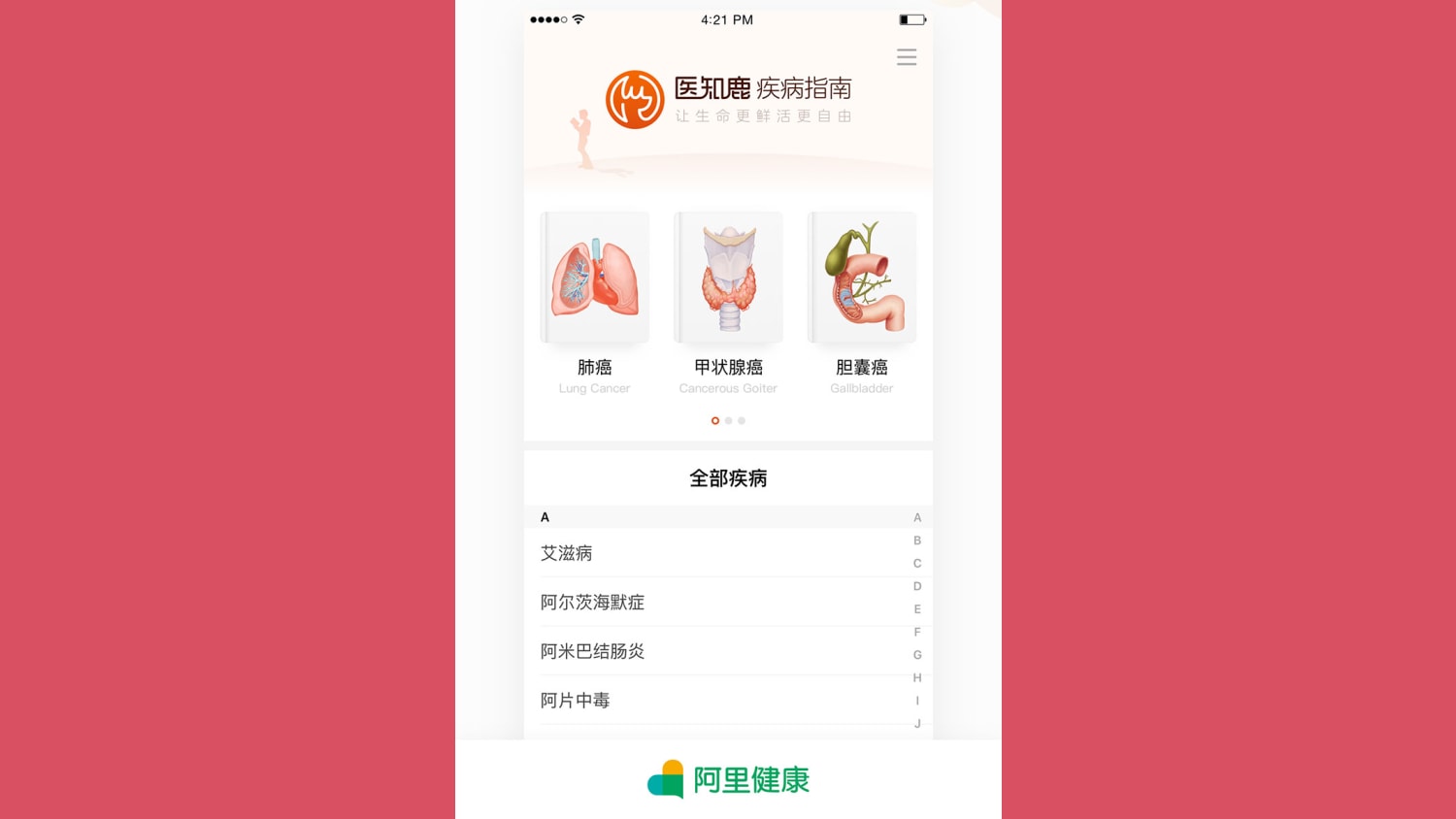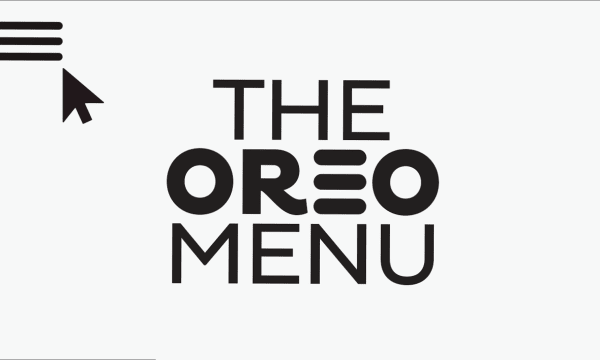More recently, Tencent has moved into private offline care with its Doctorwork clinics, which optimize and redistribute resources using a sharing model for staff and equipment. Tencent Doctorwork practitioners are part-time, working full-time at nearby hospitals. Its Beijing location was designed by Hong Kong-based interior design agency Studio Adjective and mixes tech with warmth and wellness, replacing the sterile white walls of a typical hospital with natural wood and curved hallways. The design also features digital touchscreens outside each treatment room, which doctors can access to see each patient’s vital signs. Visitors use their Tencent Doctorwork app to assess their vitals at the reception desk and these are automatically uploaded onto the clinic’s system.
Due to a severe shortage of family medicine practitioners in Chinese hospitals, patients commonly go straight to a specialist and this can sometimes lead to delayed diagnoses and confusion. Tencent Doctorwork tries to make the process more efficient with an AI-powered questionnaire on a touchscreen near the reception desk that helps visitors determine which specialist to visit at the clinic, from traditional Chinese medicine to gynecology and radiology. Members of the clinic also have access to 24-7 remote and in-home care.
Alibaba’s AliHealth, which became China’s largest e-commerce pharmaceutical vendor in China last year, recently partnered with science and technology company Merck to bring safety and security to the online drug sector. Hoping to stamp out the production and distribution of fake medications, the companies are collaborating to develop drug-tracking systems, while also allowing patients to look up dosage and get reminders to take their medication through the Alipay and Taobao apps.







